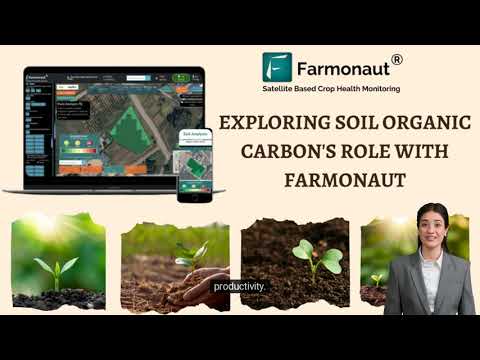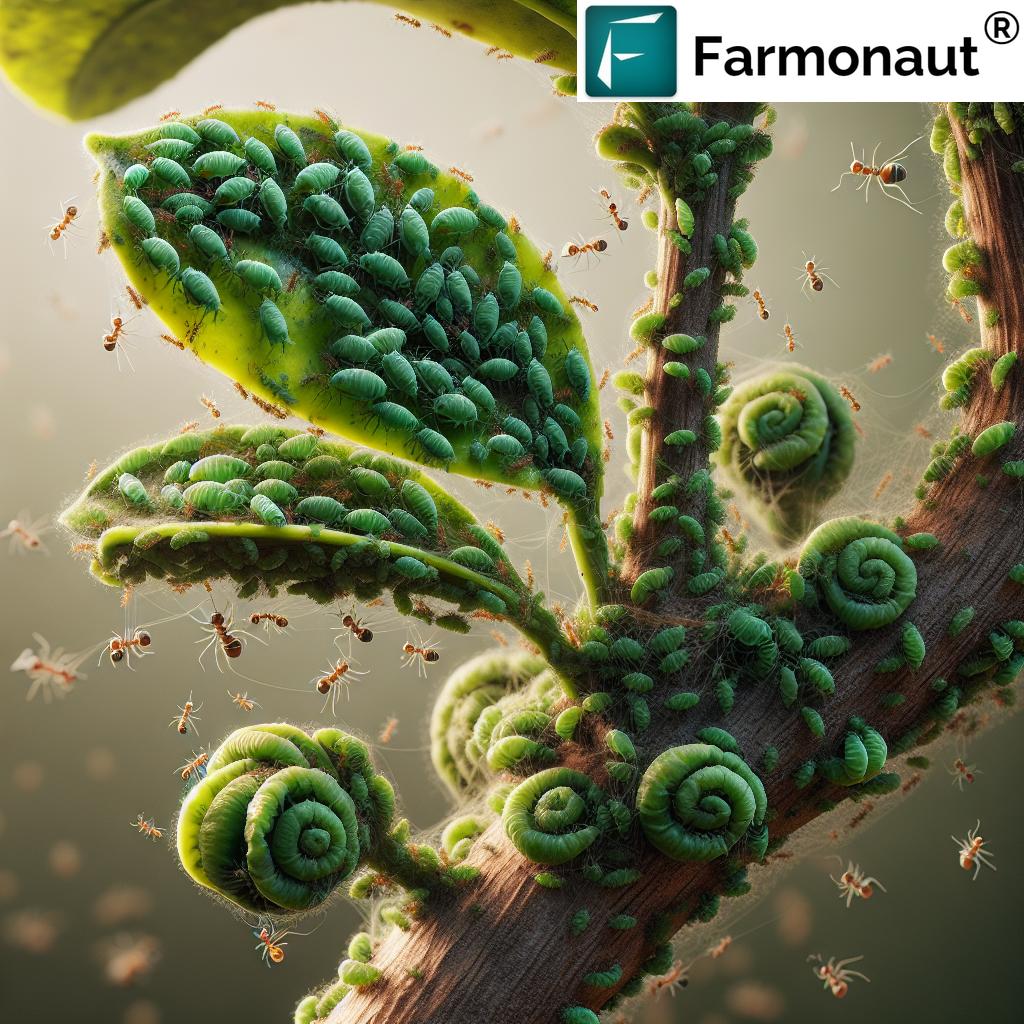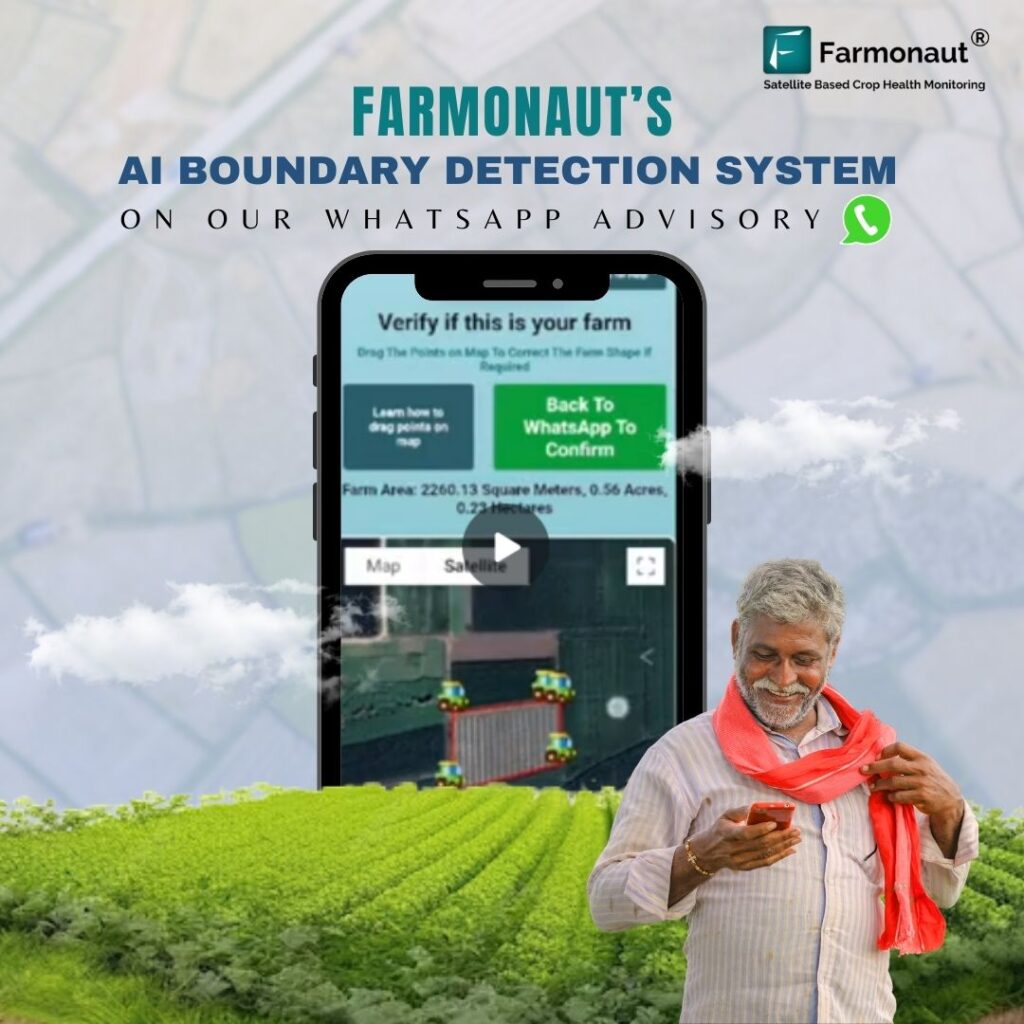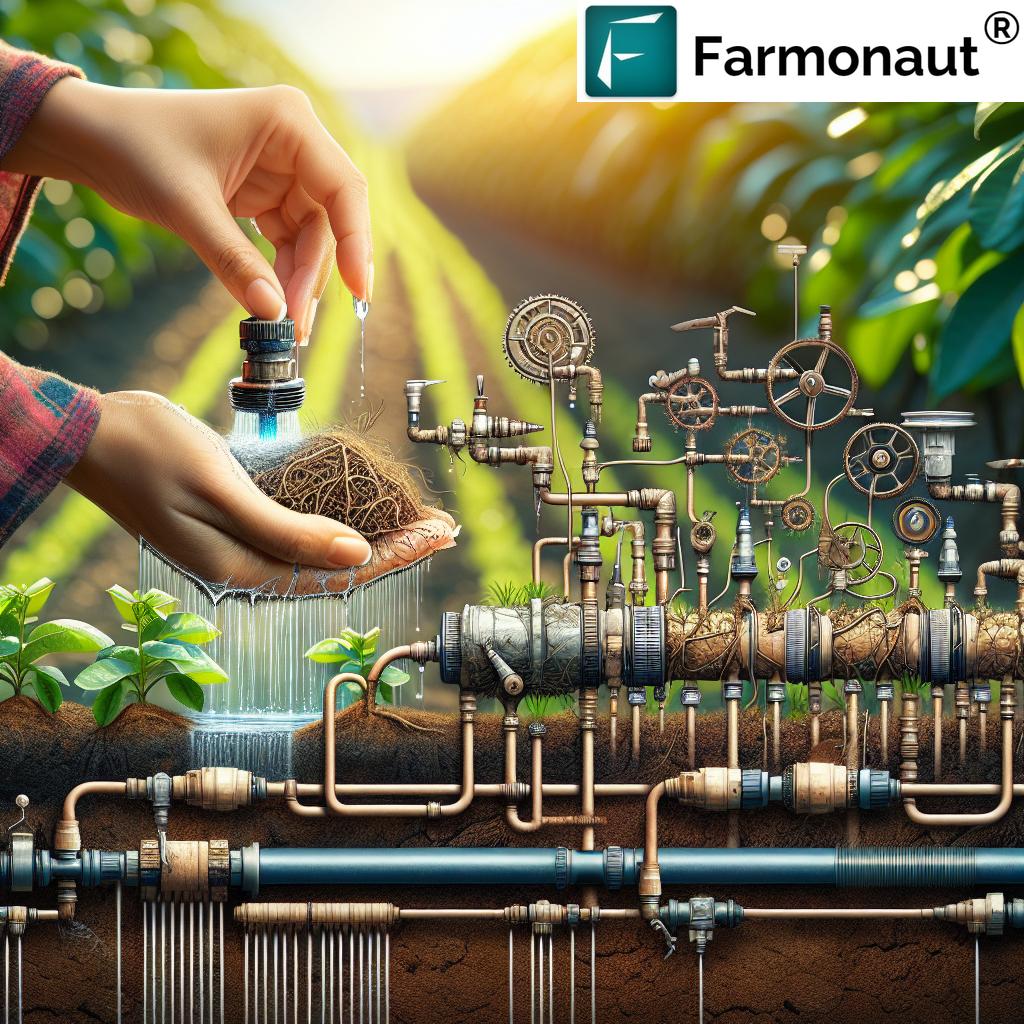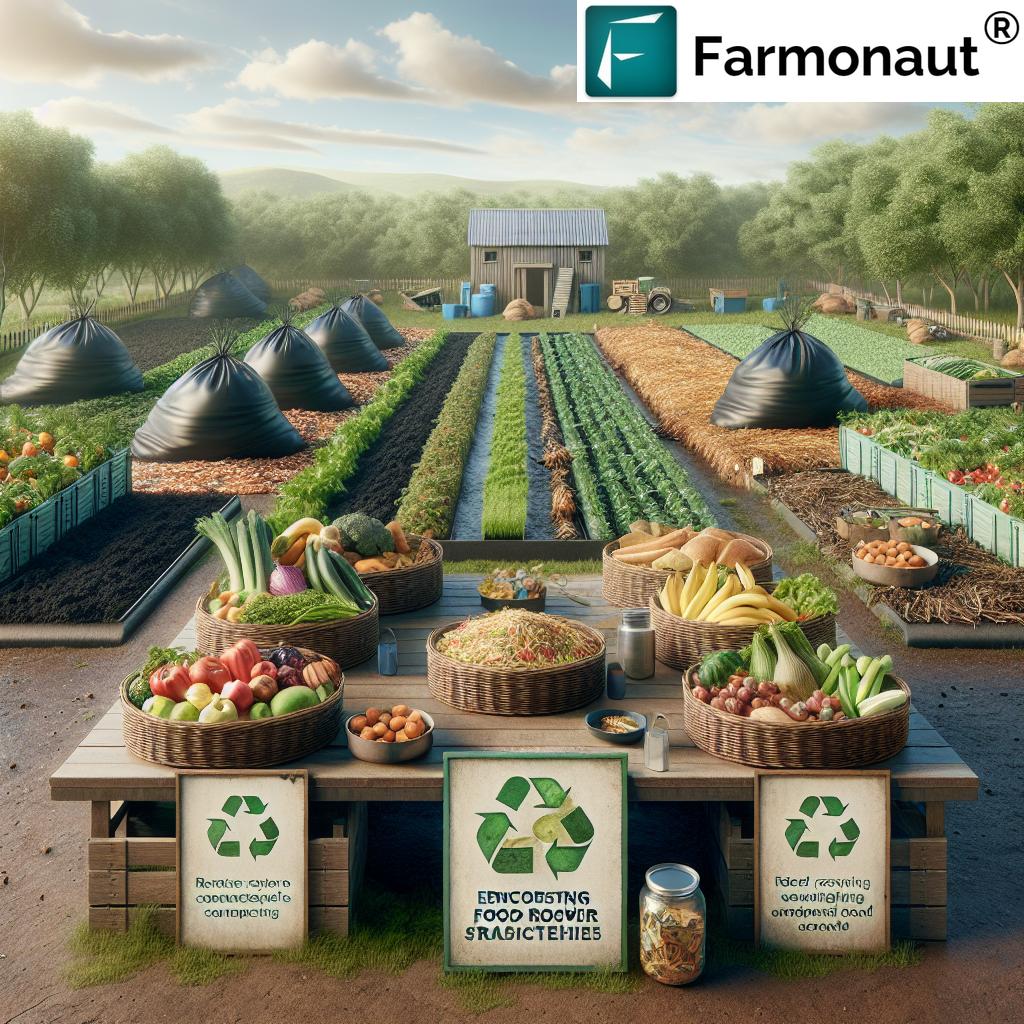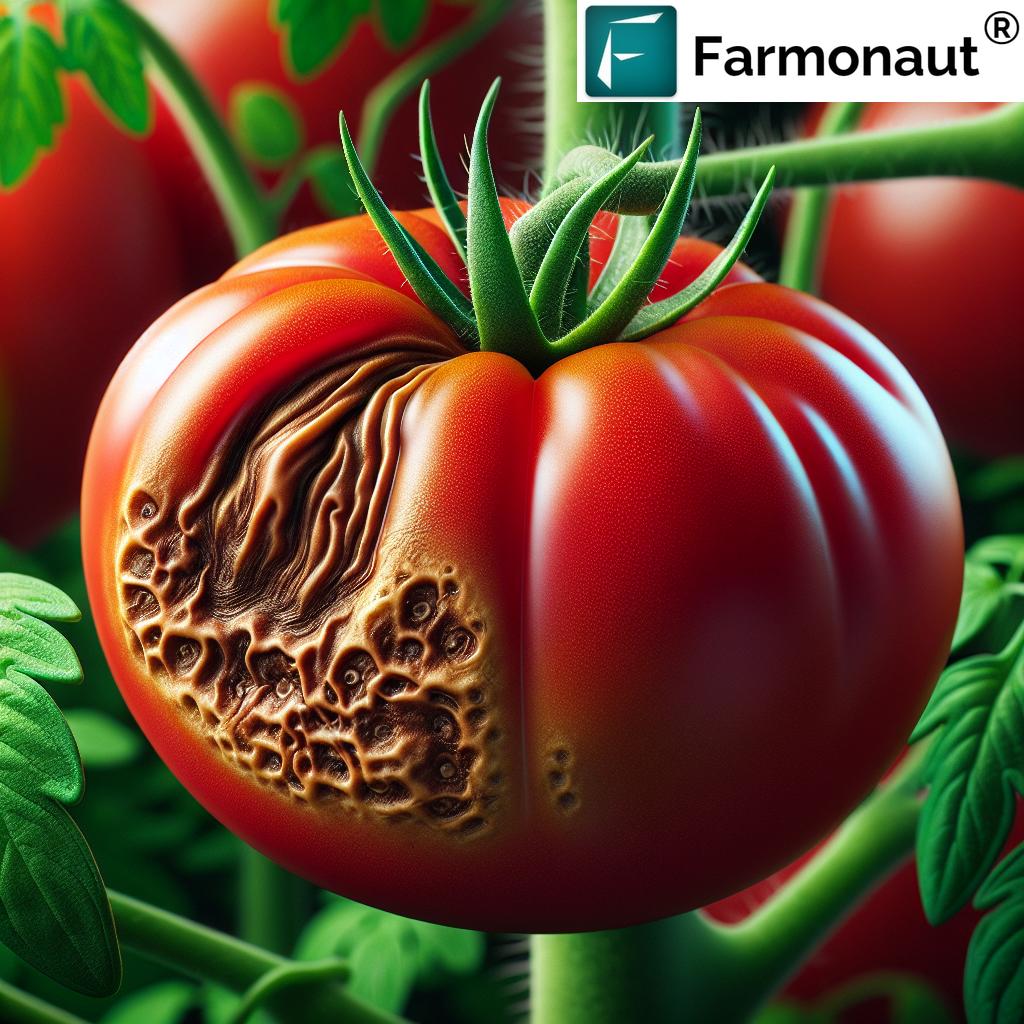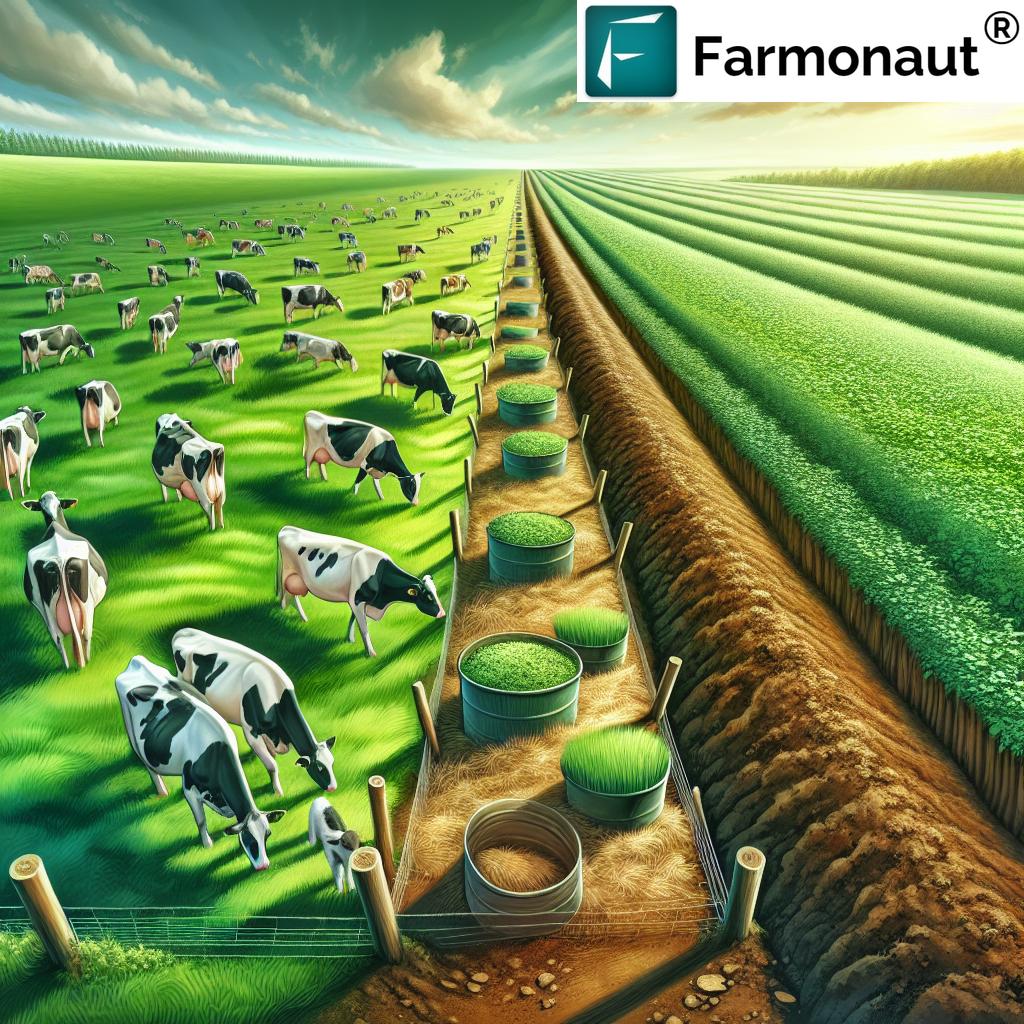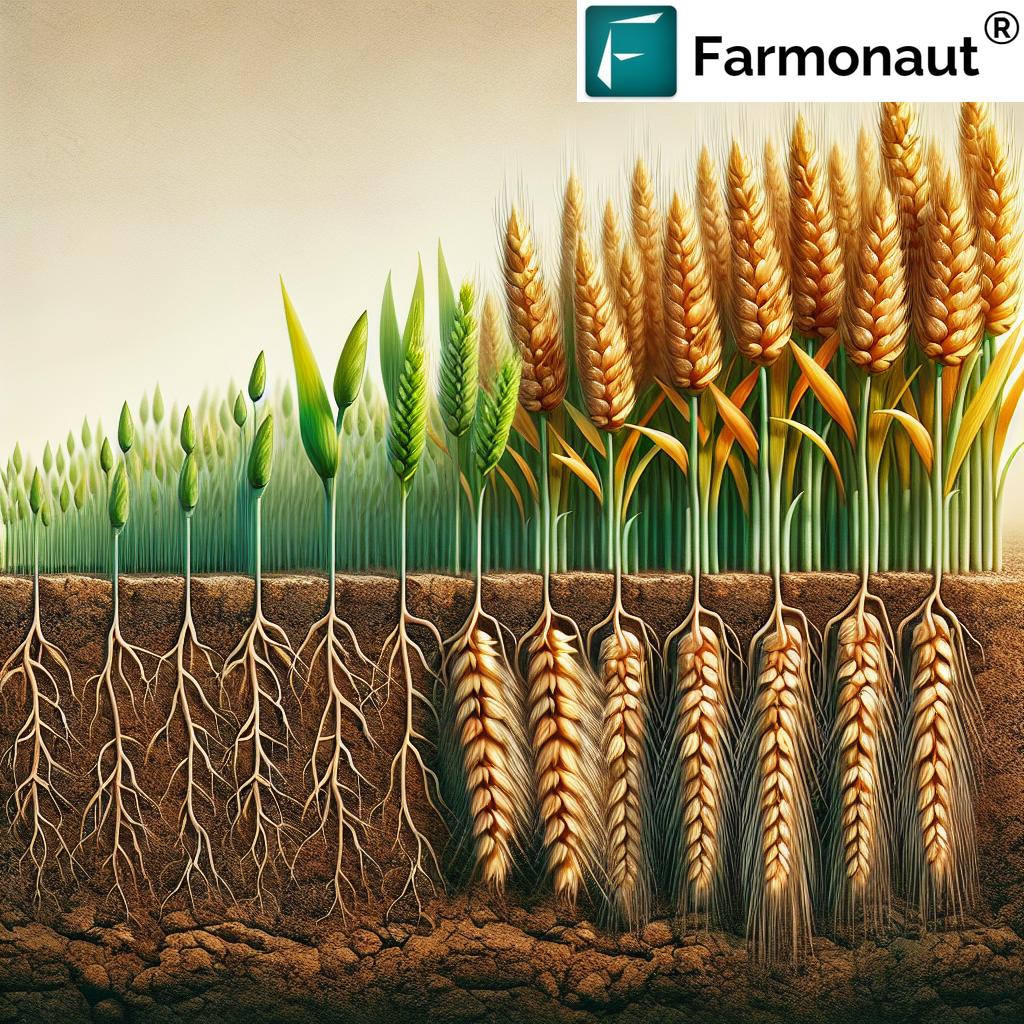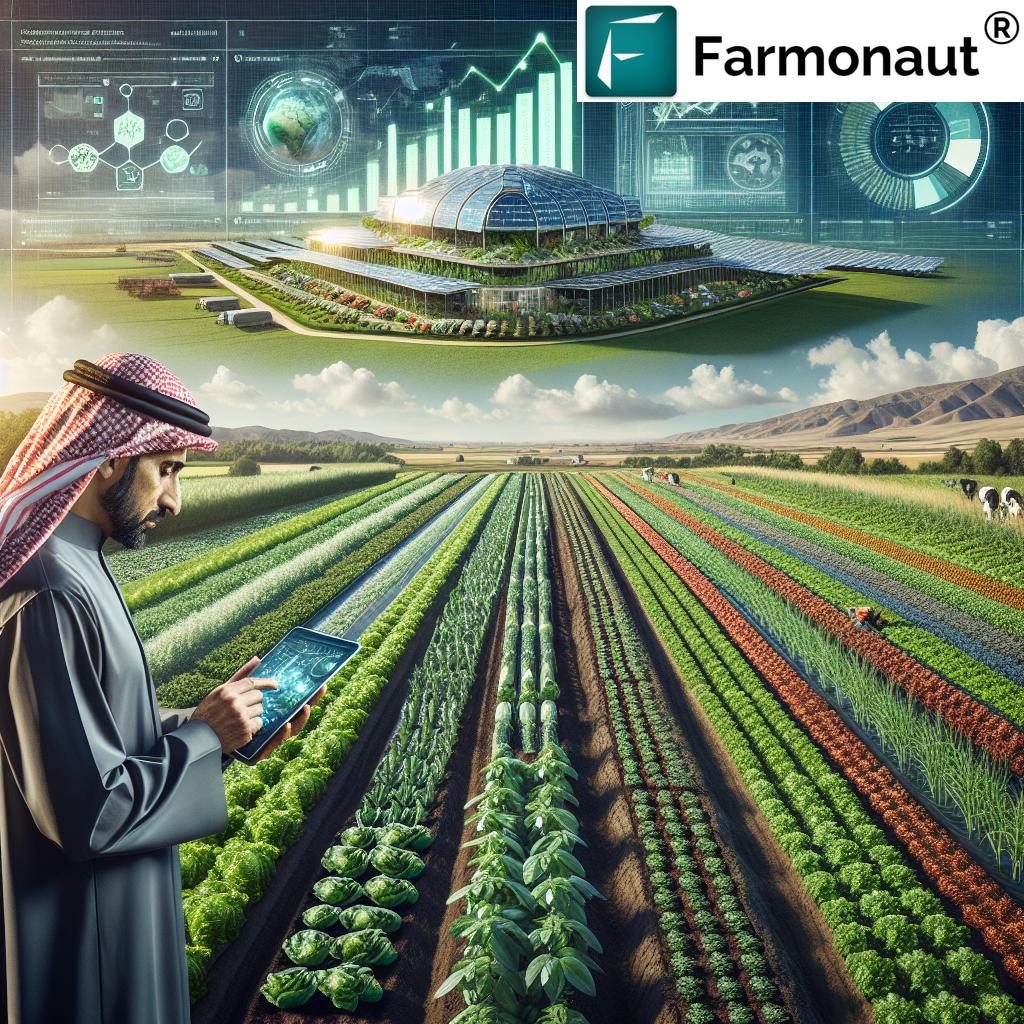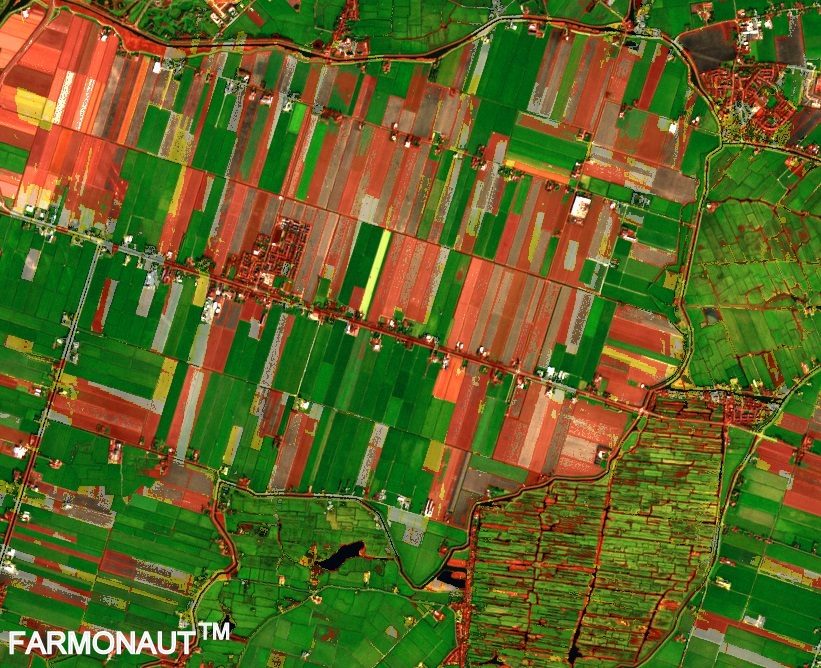Farm Waste Management: 7 Shocking Hacks You Must Try!
“Composting can reduce farm waste volume by up to 50%, turning organic leftovers into valuable soil nutrients.”
Introduction: The Growing Need for Farm Waste Management
As we move toward more sustainable agriculture practices, farm waste management has emerged as a critical concern for modern agriculture, farming, and forestry. Every year, millions of tons of waste—from organic residues to chemical containers—are produced on farms worldwide. Improper disposal leads to environmental pollution, soil degradation, water contamination, and threatens the delicate balance of our ecosystems.
The good news? We can transform this waste into resources that boost soil fertility, improve productivity, and increase profitability. In this guide, we’ll reveal seven powerful (and sometimes surprising) hacks for farm waste management that not only protect our environment but also drive the future of sustainable agriculture.
Understanding Farm Waste: Types & Implications
To implement robust waste management strategies, we must first understand what constitutes farm waste. By dissecting the types of farm waste, we can start building more responsible and effective disposal and recycling practices.
Types of Farm Waste
- Organic Waste: Includes crop residues like stalks, leaves, husks, as well as livestock manure and food processing by-products. These are the building blocks for composting, biochar, and bioenergy.
- Inorganic Waste: Comprises waste such as plastic containers, metal tools, fertilizer bags, and other synthetic or manufactured substances generated through farm activities.
- Hazardous Waste: Includes pesticides, herbicides, chemicals, chemical containers, and other toxic substances commonly used in intensive farming. Managing hazardous farm waste is crucial to prevent soil and water contamination.
How Much Farm Waste Are We Generating?
Globally, agricultural waste accounts for a significant portion of all solid waste produced. Crop residues alone can reach billions of tons annually, while plastic and chemical wastes keep rising with modernization and mechanization. Each type of waste comes with its unique environmental implications, which must be addressed through strategic farm waste management.
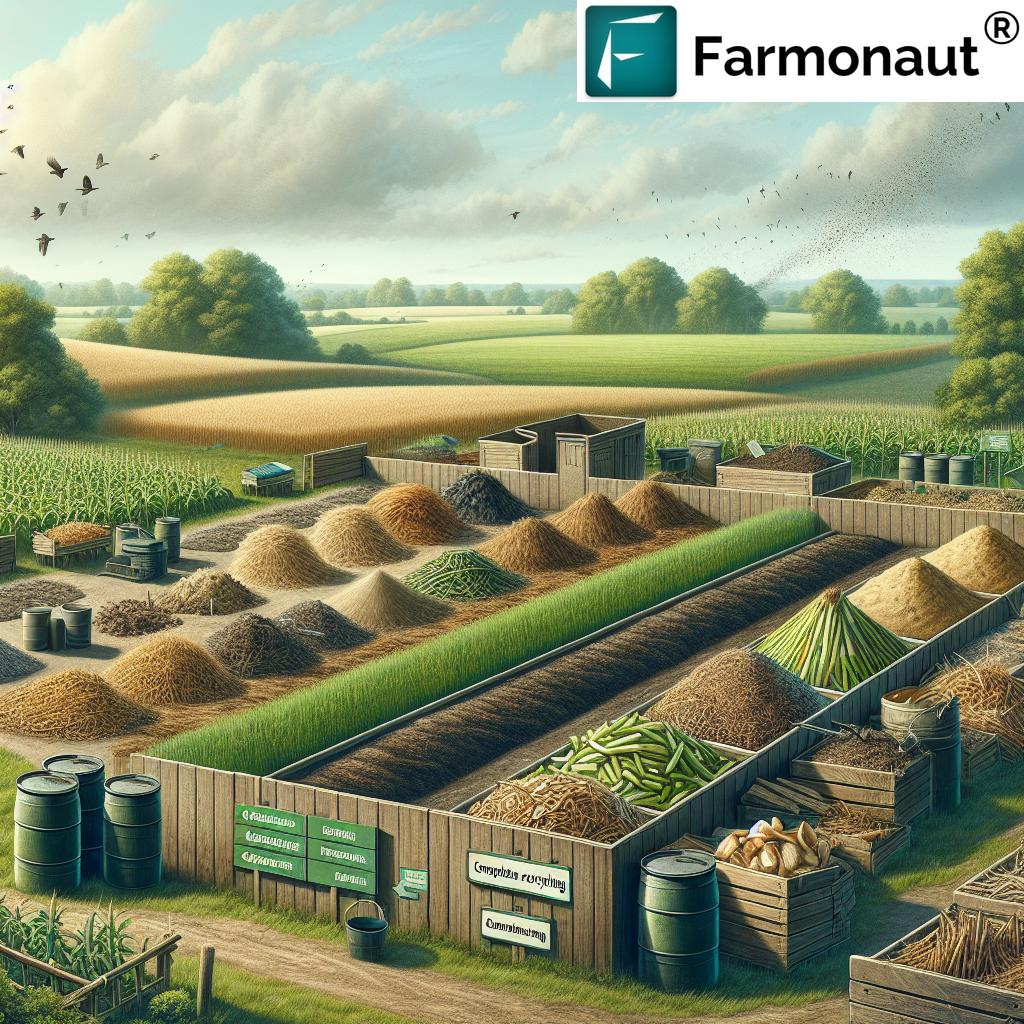
Environmental Impact of Farm Waste
Improper waste disposal has far-reaching effects on nature and farming operations:
- Soil Contamination: Hazardous and inorganic waste can leach toxins—polluting soil, decreasing fertility, and making food production risky.
- Water Pollution: Runoff containing chemical fertilizers and pesticides contaminates rivers, ponds, and other water bodies, threatening aquatic ecosystems and potentially entering the human food chain.
- Biodiversity Loss: Disposing of waste irresponsibly fosters habitat destruction, shrinking wildlife populations and impacting plant and animal species diversity. This breaks down the ecological balance vital to healthy agriculture.
- Greenhouse Gas (GHG) Emissions: Decomposition of organic waste in anaerobic (oxygen-less) environments, such as landfills or uncontrolled heaps, releases methane—a powerful GHG driving climate change.
Farm Waste Management: 7 Shocking Hacks You Must Try!
Here are seven game-changing farm waste management strategies that can transform how we view and handle waste—turning it from a problem into a valuable resource. Each hack is evidence-based, actionable, and designed to seamlessly blend sustainability, profitability, and improvement in soil health.
1. Composting in Agriculture
Composting is an aerobic process—meaning it requires oxygen—where organic waste like crop residues, animal manure, leaves, and food processing by-products is transformed into nutrient-rich humus. This compost acts as a slow-release fertilizer, improving soil structure and water retention, while supporting earthworm and soil microbial populations.
- Benefits: Reduces need for chemical fertilizers, improves soil fertility, and decreases waste volume significantly.
- How to Get Started: Gather organic residues and layer with dry material; turn regularly to circulate air and control moisture. In 2-4 months, dark, crumbly compost is ready to enrich the farm’s soil.
SEO Tip: Regular composting in agriculture is vital for effective organic waste recycling and reducing agricultural pollution.
2. Anaerobic Digestion: Turning Waste into Biogas
In anaerobic digestion, organic materials—such as manure, stalks, and food waste—are broken down in air-tight digesters, producing biogas (methane + CO2) and nutrient-rich digestate. The biogas is captured and used for heating, electricity, or even as vehicle fuel. The digestate is a potent fertilizer, minimizing need for synthetic inputs and returning nutrients to the soil.
- Benefits: Cuts greenhouse gas emissions, minimizes odors, recycles nutrients, and generates energy for on-farm or community use.
- Key Steps: Feed digester with slurry of manure and crop waste. Control temperature and feeding rate. Collect biogas and utilize digestate.
3. Vermicomposting Techniques: Harnessing the Power of Earthworms
Vermicomposting leverages worms (commonly Eisenia fetida or “red wigglers”) to accelerate decomposition of organic waste—such as food scraps, leaves, and animal dung—into fine, highly fertile vermicompost. Vermicomposting techniques are practical, low-tech, and ideal for small and mid-sized farming operations.
- Benefits: Produces stable humus quickly, boosts microbial activity, enhances soil structure, and reduces waste sent to landfill.
- Action Steps: Design a bin with proper drainage and aeration. Add layers of organic material and introduce starter worms. Harvest the end product every 2-3 months.
Vermicompost is one of the best organic amendments for improving soil fertility with compost.
“Biochar application can sequester up to 3 tons of carbon per hectare annually, boosting soil fertility sustainably.”
4. Biochar Production from Farm Waste
Biochar is a charcoal-like substance produced by burning organic waste—such as crop stalks, husks, or animal manure—under oxygen-limited (pyrolytic) conditions. This stable carbon product can be buried in fields, where it dramatically improves soil fertility, retains nutrients, and locks up carbon for centuries.
- Benefits: Biochar production from farm waste increases nutrient retention, boosts water-holding capacity, reduces greenhouse gas emissions, and helps sequester carbon to fight climate change.
- Getting Started: Low-tech kilns or drum methods are available for farms to convert residues into biochar on-site. Blend finished biochar with compost or apply directly to soils.
5. Feeding Crop Residues & Waste to Livestock
Instead of burning or dumping bulky plant material, we can upcycle non-marketable crop parts—like stalks, leaves, and husks—directly as animal feed. This strategy transforms what is waste for cropping into nutrition for livestock and helps close the nutrient loop on the farm.
- Benefits: Cuts waste transport/disposal costs, recycles nutrients into manure, reduces dependence on expensive commercial feeds, and creates more integrated, sustainable farm systems.
- Tip: Chopped crop residues are more easily digested. Monitor what is suitable for each livestock type to avoid health problems.
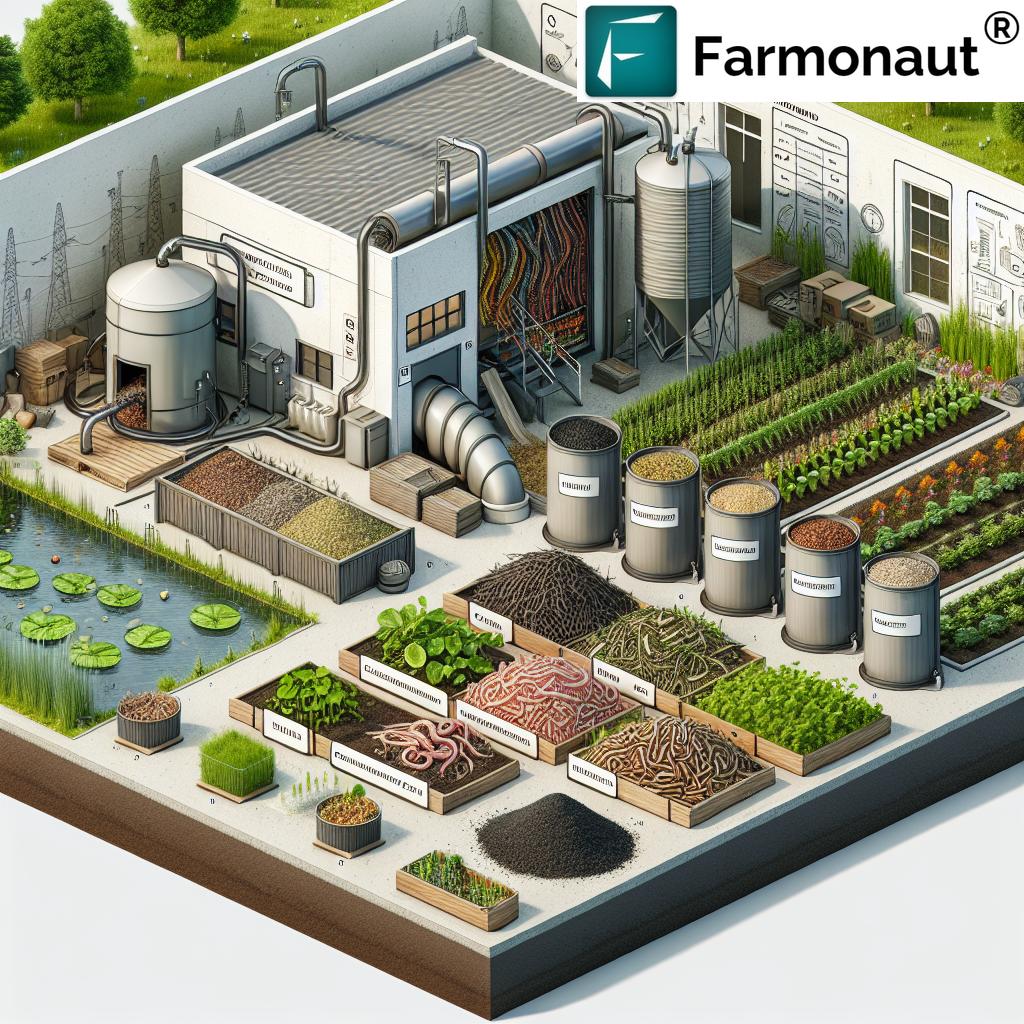
6. Agroforestry Systems: Integrating Trees, Crops & Waste Management
Agroforestry mimics natural ecosystems by growing combinations of trees, crops, and/or livestock together. Farm waste (manure, pruned branches, husks) can be used directly as mulch or compost for these systems, creating a productive and resilient landscape.
- Benefits: Enhances biodiversity, stabilizes soils, provides new products (fodder, timber, fruits), and utilizes waste efficiently. Agroforestry sequesters more carbon, helping to mitigate climate change.
- Action Step: Establish buffer strips or tree rows with high-nutrient mulch from organic residues; monitor with Farmonaut’s satellite tools for optimal performance (large-scale farm management).
7. Recycling and Reusing Non-Organic (Inorganic) Waste
Not all farm waste is organic. Inorganic waste—plastics, metals, broken tools, and containers—requires different management. Recycling and reuse can significantly decrease environmental impacts if properly segregated and processed.
- Benefits: Reduces pollution from burning or landfill, lowers demand for virgin materials, and improves resource efficiency. Innovation is high in this field—think drip irrigation pipes from recycled plastic or metal fencing made from workshop scraps.
- Next Steps: Set up color-coded bins. Partner with certified recycling companies for plastics and metals. Upcycle on-farm where suitable.
Want to digitize tracking and traceability? Explore Farmonaut’s product traceability solution—streamlining resource flow data from farm to market.
Comparison Table: 7 Farm Waste Management Hacks & Their Impact
Implementing Effective Farm Waste Management
Transitioning to sustainable farm waste management requires structure, training, and ongoing improvement. Here are key steps to make these strategies deliver on their promise:
Assessment & Planning
- Evaluate all types of waste generated: organic, inorganic, hazardous.
- Map waste flows, quantities, and seasonal variations.
- Draft a comprehensive management plan—prioritizing reduction, organic waste recycling, and safe disposal of hazardous substances.
Efficiency begins with data. Use Farmonaut’s fleet management tools to optimize logistics for waste collection, segregation, and recycling, lowering operational costs.
Education & Training
- Train workers in proper segregation, composting, and safe handling of chemical/pesticide containers.
- Promote awareness about the economic and environmental benefits of waste reduction and recycling.
- Share best practices—like regular turning of compost, safe vermicomposting, and leak-proof storage for hazardous substances.
Monitoring & Continuous Improvement
- Track progress using key metrics—waste volume, cost savings, and soil fertility data.
- Review and update the management plan annually.
- Leverage innovation: explore new bio-based materials, precision application methods, or digital monitoring (using remote sensing, sensors, or farm apps like Farmonaut).
Leveraging Farmonaut Technologies for Sustainable Agriculture
Technology accelerates our journey to sustainable agriculture. Farmonaut provides affordable, satellite-based farm management solutions to elevate traditional waste management practices with precision and real-time data.
- Crop Health Monitoring: Using satellite imagery, Farmonaut tracks vegetation indices, soil moisture, and crop vigor. Early detection helps optimize irrigation, fertilizer use, and pest control, reducing chemical and water waste in the field.
- Jeevn AI Advisory: Delivers customized farm management advice and resource optimization tips—improving productivity and shrinking avoidable waste generation.
Explore Jeevn AI today! - Blockchain Traceability: Keep tabs on farm inputs, outputs, and waste flows for secure, transparent supply chains—a must for compliance and organic certification.
Learn how traceability benefits your farm. - Carbon Footprinting: Monitor greenhouse gas emissions from waste, composting, or manure management—set reduction targets, and showcase climate action.
Try the Carbon Footprinting system. - Fleet & Resource Management: Farmonaut’s suite streamlines waste hauling and recycling operations, making every resource count and supporting compliance.
See Fleet Management Details.
Developers and agritech companies can access Farmonaut’s advanced data and weather tools via our
public API here and
see API developer docs for easy integration.
Flexible Subscription for Every Farm
Our flexible, subscription-based model lets you scale satellite-enabled waste and resource management—from individual plots to large estates or government programs.
For those seeking hassle-free financing, our crop loan and insurance verification offers satellite-backed proof, encouraging sustainable investments and supporting data-driven decisions.
Try Farmonaut on Any Device
FAQ: Farm Waste Management Strategies
Q1. What is the best way to start organic waste recycling on my farm?
Begin with composting or vermicomposting. Collect all plant-based residues, manure, and kitchen scraps. Use a simple bin, layer wet and dry material, and turn regularly. Both methods are effective at reducing farm waste and improving soil fertility.
Q2. How can biochar production from farm waste help my land?
Biochar improves soil structure, increases water/nutrient retention, and locks away carbon. It’s especially useful on poor or eroded soils and is a sustainable way to recycle large amounts of crop residues.
Q3. What are the dangers of mismanaging hazardous waste, such as pesticides or chemical containers?
Improper disposal leads to water and soil contamination, harming crops, wildlife, plant species, and potentially human health. Always collect, label, and dispose of hazardous substances safely, following regulations, or consult your local agri-extension office.
Q4. How do Farmonaut’s technology solutions boost waste management?
With satellite monitoring, AI, and blockchain, Farmonaut empowers you to optimize inputs, monitor soil health, trace resource flows, and reduce waste efficiently across all scales of farming.
Q5. Is recycling plastics and metals from farm operations really feasible?
Yes! Sort plastics, metals, and hazardous items separately. Partner with certified recyclers or explore community-driven collection and upcycling. This reduces environmental impact and makes your operation more sustainable.
Q6. What is the potential economic benefit of proper farm waste management?
By transforming waste into compost, biochar, and feed, you reduce disposal and input costs, raise productivity, and add new revenue streams.
Conclusion: Embrace Sustainable Farm Waste Management for a Greener Tomorrow
Effective farm waste management is foundational to sustainable agriculture, farming, and forestry. Each of the seven shocking hacks—from composting and biochar production to recycling and vermicomposting techniques—enables us to flip the script: turning waste from a liability into a vital asset for soil, climate, and economic resilience.
By using Farmonaut’s precision tools alongside these proven strategies, we make it easier to monitor results, mitigate impacts, and continuously improve farm operations, meeting both ecological and economic goals. Let’s create a circular system where nothing goes to waste—by managing our resources, protecting biodiversity, and building the foundation for future-ready, climate-smart agriculture.
Ready to reimagine your farm’s waste? Get started with Farmonaut today!





